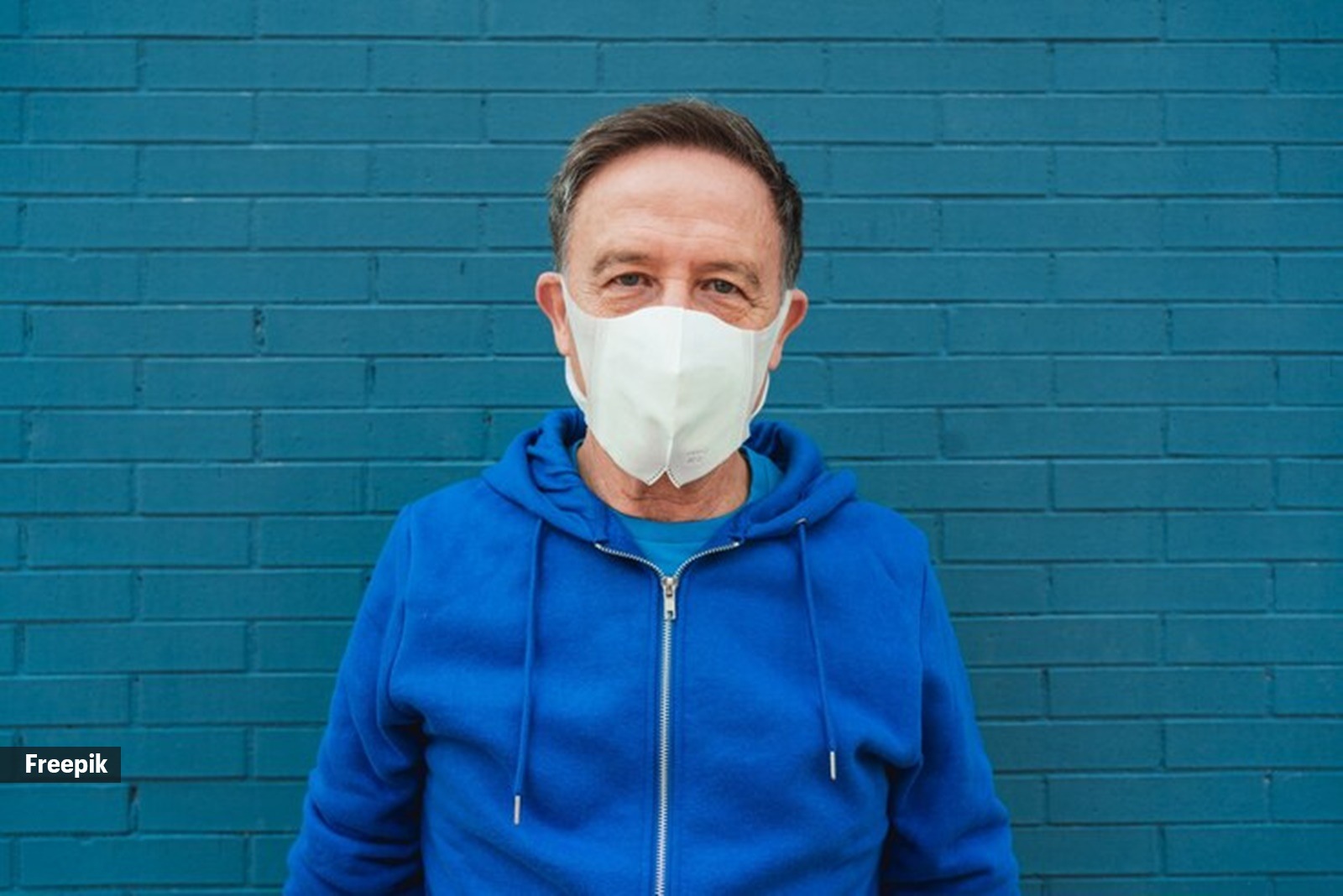📣 For more lifestyle news, click here to join our WhatsApp Channel and also follow us on Instagram
Protecting yourself from HMPV: How to choose the right mask for maximum safety
Knowing the effectiveness of various masks against HMPV is crucial, here’s what an expert suggests.
 Not all masks offer the same level of protection (Source: Freepik)
Not all masks offer the same level of protection (Source: Freepik)The recent rise in Human Metapneumovirus (HMPV) cases has raised concerns about how to protect oneself from this respiratory infection. While the virus primarily spreads through respiratory droplets, using a mask remains one of the simplest and most effective ways to reduce the risk of transmission.
However, not all masks offer the same level of protection, leading to questions about the efficacy of different types, such as cloth masks, surgical masks, and respirators like N95. Are cloth masks still a safe option, or should you switch to something more robust?
Understanding the effectiveness of various masks against HMPV is crucial, especially during outbreaks.
Effectiveness of cloth masks vs. surgical masks and N95 respirators
Dr Ravi Shekhar Jha, director, Pulmonology at Fortis Hospital Faridabad, tells indianexpress.com, “Cloth masks, while convenient, offer limited protection against respiratory infections like HMPV. They can block larger respiratory droplets but are less effective at filtering out smaller particles that can carry viruses.”
Surgical masks are more effective, he notes. “They are designed to block both large droplets and some smaller airborne particles. However, their loose fit allows some unfiltered air to pass through the sides, reducing their overall efficacy.”
The doctor recommends using N95 respirators that provide the highest level of protection. “They are designed to filter at least 95% of airborne particles, including very fine ones, and their snug fit minimises the risk of air leakage. N95 masks are especially recommended in crowded or poorly ventilated spaces.”
 Masks should be easy to wear for extended periods. (Source: Freepik)
Masks should be easy to wear for extended periods. (Source: Freepik)
What to look for in a mask
To ensure adequate protection against viruses like HMPV, Dr Jha asserts, consider the following:
Filtration Efficiency: Masks that meet certification standards, such as NIOSH-approved N95s, are ideal.
Proper Fit: A mask should fit securely over the nose, mouth, and chin without gaps.
Comfort and Breathability: Masks should be easy to wear for extended periods.
Multiple Layers: Masks with multiple layers offer better filtration compared to single-layer ones.
“For maximum protection, use an N95 respirator. If N95s are not available, surgical masks are a suitable alternative. Cloth masks should only be used if no other options are available and should ideally be layered over a surgical mask for better protection,” explains Dr Jha.
Risks of improper mask use
Improper use of masks can reduce their effectiveness and increase the risk of infection.
Common mistakes, according to the expert, include:
- Wearing masks below the nose leaves nasal passages exposed to airborne particles.
- Reusing disposable masks, especially after prolonged use or contamination, which can harbor infectious particles.
- Touching the mask surface frequently can transfer viruses from hands to the mask.
“To avoid these risks, ensure that your mask is worn properly, changed regularly, and disposed of correctly,” Dr Ravi suggests.
 Understanding the effectiveness of various masks against HMPV is crucial, especially during outbreaks.
Understanding the effectiveness of various masks against HMPV is crucial, especially during outbreaks.
Special guidelines for vulnerable groups
Certain populations, such as children, the elderly, and immunocompromised individuals, are particularly susceptible to HMPV. For children, Dr Jha advises using child-sized masks that provide a snug fit. Surgical masks or well-fitted KF94 masks are good options. Avoid N95 respirators for younger children, as they may restrict breathing.
For the elderly, N95 respirators are ideal, particularly in crowded spaces or during outbreaks. If N95s are uncomfortable, surgical masks are a good alternative. For immunocompromised individuals, Dr Jha says, always opt for N95 respirators in public or high-risk settings. Ensure proper use and replacement to ensure safety.
DISCLAIMER: This article is based on information from the public domain and/or the experts we spoke to. Always consult your health practitioner before starting any routine.
📣 For more lifestyle news, click here to join our WhatsApp Channel and also follow us on Instagram



- 01
- 02
- 03
- 04
- 05
























